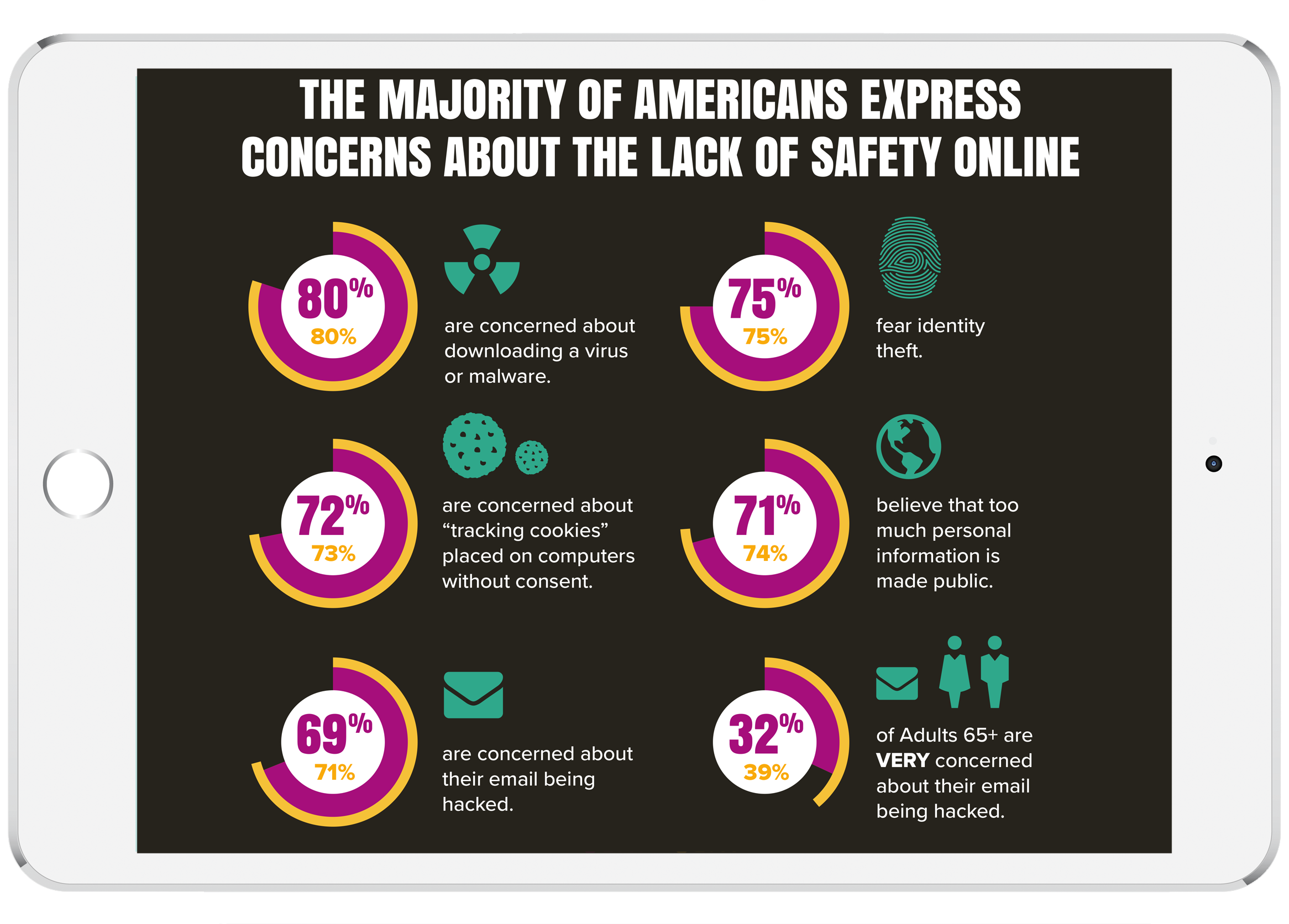The Growing Concerns of Personal Data Privacy and Why Privacy-First Search is Critical
Understanding Google’s Extensive Tracking Practices
Google operates a vast array of internet services that people use daily, including Search, YouTube, Gmail, Chrome browser, Android operating system, Google Maps and more. However, what many people don’t realize is that Google extensively tracks users across these services to build detailed profiles about them. When people search on Google, their search queries are logged and associated with their Google account if they are signed in. This search history along with activity on other Google services are then used to target ads. Google also uses complex tracking mechanisms like browser fingerprinting to track people even when they are not signed in. Additionally, incognito mode on Chrome does not actually prevent tracking as it only deletes local browser history and cookies. Google also places analytics trackers and advertising scripts on over 75% of top websites. This allows Google to log people’s web browsing activity and interests across many sites. Furthermore, Google runs the largest display advertising networks called Adsense, Admob and DoubleClick which are installed on millions of sites and apps. Through these networks, Google enables interest-based and behavioral advertising by advertisers.

The Dangers of Personalization and Filter Bubbles
While personalization may seem appealing on surface, it enables Filter Bubbles that limit access to diverse information. On Google, search results are tailored based on users’ profile and past behavior. This leads to biased results where dissenting views are less likely to appear. Over time, this reinforces echo chambers that contribute to increased political polarization in society. On the other hand, DuckDuckGo does not personalize results and prioritizes showing a diversity of viewpoints instead of what users want to hear.
Taking Back Control with Privacy-First Services
In contrast to extensive data collection practices of Google, DuckDuckGo upholds strong privacy protections for users. DuckDuckGo does not track users or store any identifiable information about searches. Each search is treated independently without linking to users’ identity or search history. DuckDuckGo’s search results are also never personalized. This avoids Filter Bubbles and ensures access to a diversity of information from all sides of issues. Additionally, DuckDuckGo’s browser extension blocks third-party tracking scripts installed by advertisers and data brokers like Google. This enhances privacy when browsing anywhere on the web.
Escaping Google’s Walled Gardens
While Google presents its array of connected services as convenient, they effectively lock users into its proprietary “ecosystem”. Google favors its own competing services over others in search rankings to steer traffic. Even clicking off Google results, the company deploys AMP technology to retain control of pages loaded. On the other hand, DuckDuckGo provides shortcut “bangs” that enable directly searching other sites without loading DuckDuckGo search page. This offers true choice and control to users without vendor lock-in risks. DuckDuckGo also listens to user feedback actively and focuses only on search, without ambitions of a larger “ecosystem”.
Unbiased Results outside Personalization Bubbles
When searching on Google, the first page is often filled with paid ads presenting biased or one-sided views. In contrast, DuckDuckGo displays minimal non-tracking ads based only on search terms. Additionally, DuckDuckGo search rankings are never adjusted based on users’ profile, ensuring equality of access for all viewpoints. People rightfully expect search results to reflect all perspectives instead of what a company thinks they want to see. DuckDuckGo fulfills this expectation of neutral, unfiltered results better than personalized search engines.
Privacy and Trust Must Be Restored Online
Privacy has become a growing concern for internet users as big tech firms extensively track personal data behind the scenes. Even health data searches plummeted on Google after Snowden revelations showed government surveillance risks. Constantly monitored search and browsing leaves people feeling exposed andlimits exploration due to chilling effects. DuckDuckGo provides an oasis of true privacy and anonymity online. Users can search securely without fear of profile-building or surveillance. By supporting DuckDuckGo, people can actively help shift norms towards user empowerment and choice in how personal data is handled on the internet. Overall search and browsing experience should prioritize informed user consent above lucrative data extraction practices.
Transparency and Control are Key for Ethical Technology
While offering “free” search, Google is in reality a massive $750 billion company profiting enormously from monetizing user data. As the epitome of big tech, Google spends heavily on lobbying and building monopolistic control over internet services and infrastructure.
DuckDuckGo takes a contrasting approach grounded in user empowerment and consent over opportunism. The company maintains narrow focus on privacy-first search without predatory data practices or ambitions of ecosystem lock-in. DuckDuckGo openly shares their values of transparency through published policies and principles guiding product decisions.
Overall search technology should respect people’s autonomy instead of manipulating obscurely via targeted advertising based on profiles without consent. Tools like DuckDuckGo’s browser extension can help guard against invisible surveillance pervasively embedded online by ad-tech. An internet designed with ethical foundations of informed choice strengthens democratic discourse for all in the long run.
So in summary, privacy must be restored as the default stance online through informed, consent-based services like DuckDuckGo that place users firmly in control of their data. Only then can people truly explore ideas freely without fear of being monitored, judged or pushed down personalized rabbit holes. An open spirit of neutral inquiry strengthens society as a whole.
Privacy online should not remain an optional addon - it must represent the new standard for how people engage with all technology respecting their essential human dignity and freedom to think independently. With alternatives like DuckDuckGo, progress towards healthier tech norms is well within our grasp if enough stand up to reclaim ownership of personal information from unchecked commercial motives. Overall user empowerment will prove to strengthen, not deter business models in the long run.
